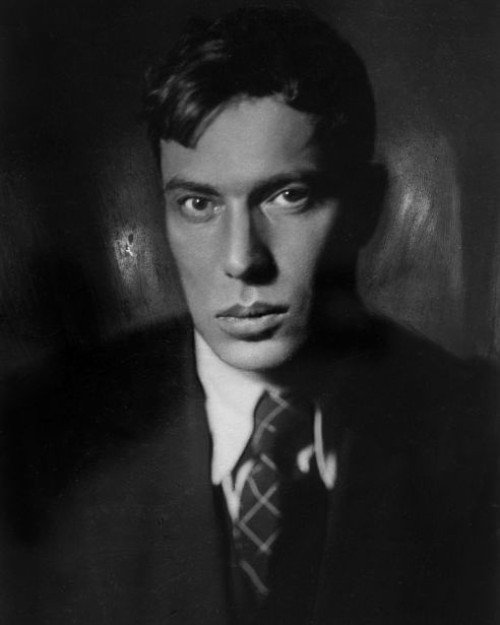
Introduction:
In the realm of Russian literature, Boris Pasternak stands as a remarkable figure whose work continues to captivate readers worldwide. From his groundbreaking novel "Doctor Zhivago" to his poignant poetry, Pasternak's literary contributions have left an indelible mark on the world of literature. However, his journey was not without obstacles and controversy. In this blog post, we delve into the life, works, and the enduring legacy of Boris Pasternak.
Early Life and Literary Beginnings:
Boris Pasternak was born on February 10, 1890, in Moscow, Russia. From a young age, he displayed an exceptional talent for writing and a deep appreciation for the arts. He studied philosophy and music at the University of Moscow before turning his focus entirely to literature. His early poems garnered attention for their lyrical beauty and profound themes, marking the beginning of a promising career.
"Doctor Zhivago":
A Masterpiece Ahead of Its Time: Pasternak's magnum opus, "Doctor Zhivago," remains his most celebrated work. Published in 1957, the novel depicts the life of Yuri Zhivago, a physician and poet caught amidst the turmoil of the Russian Revolution and its aftermath. "Doctor Zhivago" explored themes of love, individualism, and the clash between personal desires and societal expectations. Despite facing significant opposition from the Soviet authorities, the novel achieved international acclaim and earned Pasternak the Nobel Prize in Literature in 1958.
The Controversy and Political Persecution:
Pasternak's recognition with the Nobel Prize brought both accolades and persecution. The Soviet authorities denounced "Doctor Zhivago" as anti-Soviet propaganda, considering it an unwelcome portrayal of life during the revolution. Pasternak faced immense pressure to decline the Nobel Prize, which he eventually did to protect his loved ones. The persecution he endured, however, only added to his mystique and solidified his status as a symbol of artistic integrity and defiance against oppression.
Poetry and Other Works:
In addition to his novel, Pasternak was an accomplished poet. His poems often showcased his introspective nature, delving into existential questions, the beauty of nature, and the complexities of human emotions. His poetic style combined vivid imagery with profound philosophical insights, creating a unique and captivating voice.
Legacy and Influence:
Boris Pasternak's influence on Russian literature and beyond cannot be overstated. Despite living in a time of political turmoil and censorship, his works managed to transcend boundaries, resonating with readers around the world. "Doctor Zhivago" became a symbol of artistic freedom and an embodiment of the power of literature. Pasternak's courage in standing by his convictions, even in the face of persecution, continues to inspire generations of writers and artists.
Conclusion:
Boris Pasternak's life and literary journey are a testament to the power of art and the resilience of the human spirit. Through his novel "Doctor Zhivago" and his evocative poetry, he captured the essence of the human experience, leaving a lasting impact on the literary world. Pasternak's unwavering commitment to his craft and his refusal to compromise his artistic vision make him an enduring symbol of courage and integrity. As we celebrate his life and work, we are reminded of the profound influence that literature can have on society, transcending political boundaries and touching the hearts of people across generations.








